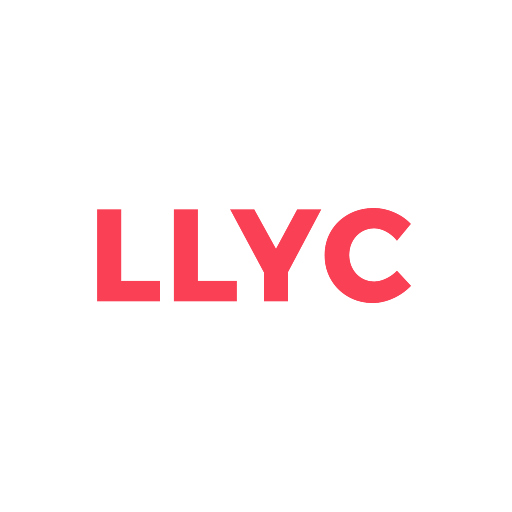LLYC 31 Jul 2018 // 3:25PM GMT

Latin America is a region in constant transformation. Although way below the performance indexes of Asian economies, the more than 2% growth expectation forecast over the next two years for the Gross Domestic Product (GDP) in the region[1] reflects a sustained economic recovery, largely underpinned by domestic consumption. In this scenario, the trust relationship between consumers and businesses is a cornerstone for development in the region.
This study explores this ‘trust’ relationship and its challenges based on almost 4,000 surveys in nine markets (Argentina, Brazil, Chile, Colombia, Ecuador, Mexico, Panama, Peru and the Dominican Republic) and six key industries: food & drink, automotive, pharmaceutical, financial services, retail and telecommunications.
The strength of private consumption in Latin America is one of the many indicators that reflect a number of changes, especially growth of urban population -it is calculated that 85% of the Latin American population will live in urban areas by 2030-; rise of single-person households -the number is rising to unprecedented levels in the region-; older consumers -those aged over 65 currently represent 7% of the Latin American market, and is expected to reach 15% by 2020; and increasing income of Latin American households, mostly as a result of the larger number of women in the labor market.
Just as in other parts of the world, these socio-demographic movements accompany global trends that have given consumers more power in their interactions with business. These include increased connectivity -more than 61% of the population in the region is now connected to the internet-; e-commerce -expected to grow by 16% over the coming years-; and hypertransparency -the relationship between brands and consumers now require a more direct, transparent approach-.
Against this backdrop, consumer-business trust also blends with exercises of citizenship that are very important for both parties, especially for businesses, which must boost this trust relationship as the driving force for growth.
The main conclusions drawn from analyzing the perception of trust in six economic sectors, polling almost 4,000 consumers in nine Latin American markets are:
- Although there is generally a good climate of trust in companies, no sector has an outstanding rating on the trust scale.
- Consumers are more trusting in the North of the Latin American region than in the South.
- Food & drink is the industry with the highest trust rating in Latin America.
- The financial and telecommunication industries received the lowest trust ratings in the region.
- Automotive and retail have above-average trust in the region.
- Credibility, which derives from product/service, and integrity in business practice are key dimensions for consumer trust.
Figure 1. Trust in the sectors by countries
“Rate from 1 to 10 the trust you have in the following industries”

[Food & Drink - Automotive - Pharmaceutical - Financial Services - Retail - Telecommunications
Argentina - Brazil - Chile - Colombia - Ecuador - Mexico - Panama - Peru - Dominican Rep.]
Figure 2. Average trust by industry in Latin America

[Food & Drink - Retail - Pharmaceutical - Automotive - Telecommunications - Financial Services]
The text below is an extract of a report written by LLORENTE & CUENCA’s regional manager for Innovation, Juan Carlos Gozzer, David González Natal, leader of the Consumer Engagement Area and Jorge Tolsá, senior consultant of the Leadership and Corporate Positioning Area.


































.jpg)














